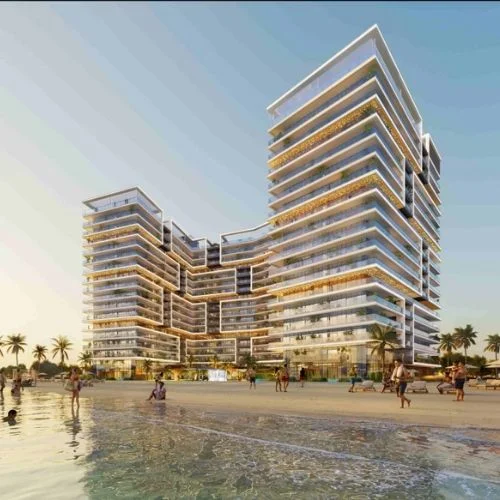According to industry executives and analysts, the Delhi-National Capital Region’s second airport in Jewar, Uttar Pradesh, would profit from a much lower value-added tax on aviation fuel.
The present airport serving Delhi-NCR in Gurugram, Haryana, levies a 25% value-added tax on aviation turbine fuel, but the levy at the new airport would be under 1%. Airlines spend 35-40% of their budget on fuel.
“One of the things we have to offer is a lower VAT on ATF.” That is significant for carriers. According to Christoph Schnellmann, CEO of Noida International Airport Ltd, fuel is by far the highest expense on an airline’s profit and loss statement.
“If there is anything that we or the government can do to reduce some of those costs, it will eventually lower the cost of travel for passengers. Air travel is price sensitive everywhere,” Schnellmann explained.
The airport at Jewar is operated by Noida International Airport Limited.
The VAT rate on aviation turbine fuel varies by airport, ranging from 1% to 30%. The Civil Aviation Ministry has aggressively urged state governments to lower VAT on aviation fuel, and 19 states and union territories have already done so.
The Uttar Pradesh government cut the state’s ATF VAT to 1%, down from 21% in 2022.
The first phase of the Noida International Airport is anticipated to be operational by the end of 2024, with one runway and one terminal capable of handling 12 million passengers per year.
The airport is approximately 72 kilometers from the Indira Gandhi International Airport in New Delhi, 52 kilometers from Noida, and 130 kilometers from Agra.
Domestic and foreign airlines have already expressed great interest in the airport. IndiGo, India’s largest airline, will serve as the airport’s debut carrier. Akasa Air has stated that it will station its aircraft in Jewar for both local and international operations.
Air India Express, the low-cost affiliate of Air India, is also considering Jewar airport.
“We will look into where the demand is. Certainly, Jewar has a large catchment area. It will service a certain market, and we want to go there,” said Aloke Singh, managing director of Air India Express.
“Certainly, demand is first. I believe that (reduced VAT) is the frosting on the cake,” Singh remarked.
Airlines believe that a reduced VAT would result in lower rates for passengers. “Any such cost benefits will be transferred to passengers, resulting in lower fares for passengers flying out of Jewar airport,” claimed the CEO of a low-cost airline who declined to be identified.
Analysts also foresee a significant advantage for Jewar Airport over Delhi.
In the instance of Delhi airport, 25% is a high VAT rate on ATF. Vijay Agrawal, former chairman of the Airports Authority of India, said during a webinar hosted by aviation consultancy firm CAPA India that he believes the Delhi government will be forced to reduce the tax once the Noida airport in Jewar is operational.














